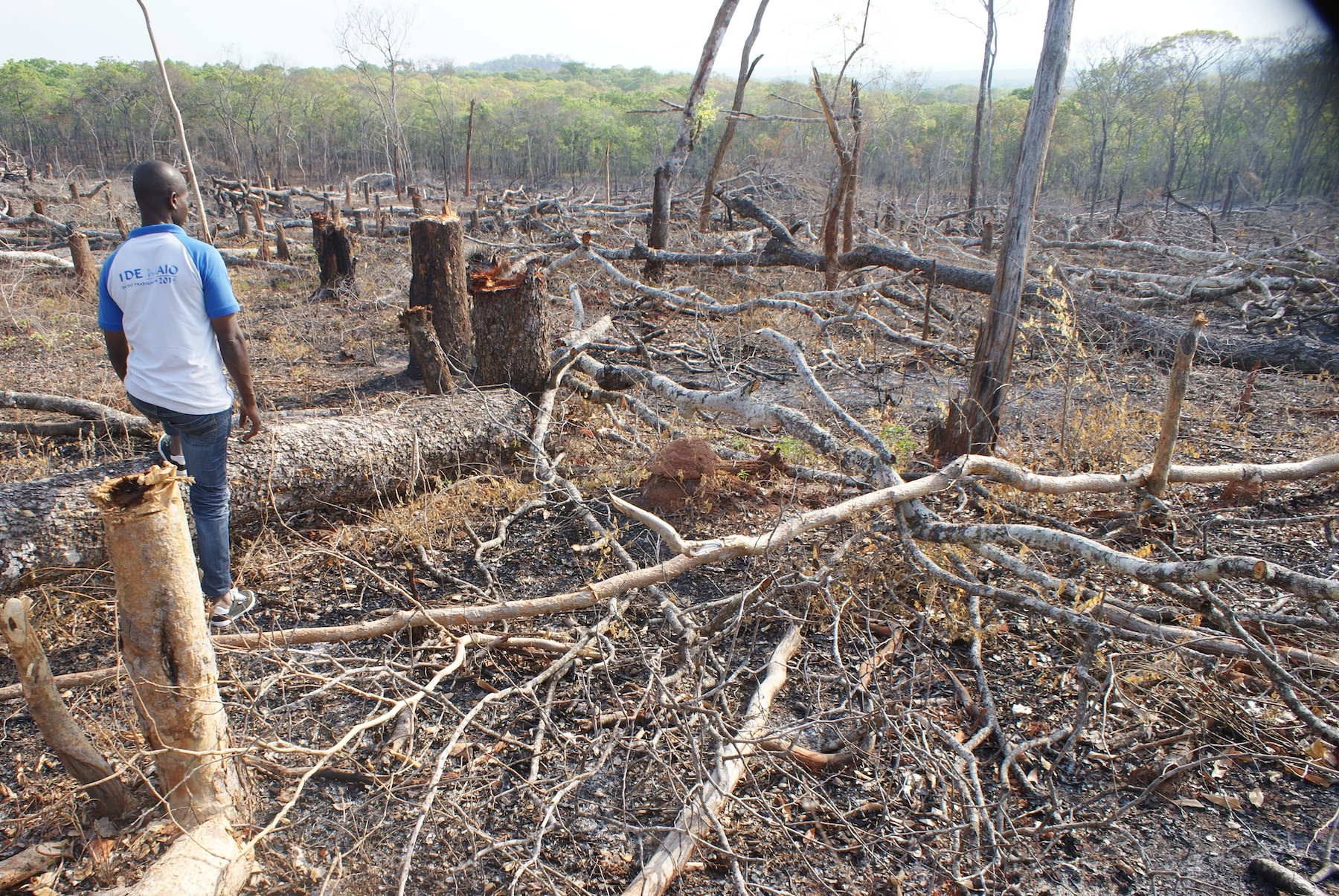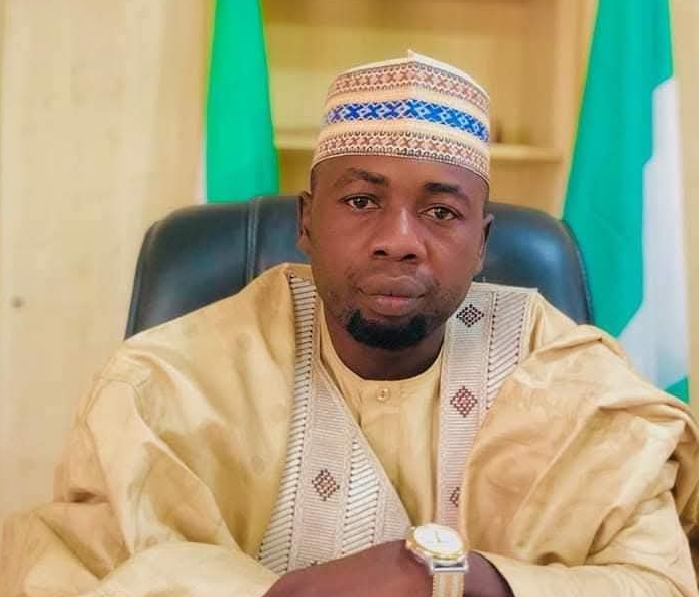
By Trésor Daniel MEFIRE
Africa stands at the cusp of an energy revolution, with the potential to transform the lives of over a billion people. Despite rapid economic growth and urbanization, the continent remains shackled by energy poverty, with over 600 million people lacking access to electricity. But hope is on the horizon.
“The energy transition in Africa is not just about addressing energy poverty,” writes Trésor Daniel MEFIRE in his research, Energy Transition in Africa: A Pathway to Sustainable Development. “It is about unlocking the continent’s vast renewable energy potential, combating climate change, and creating a future where clean, affordable energy powers economic growth and improves quality of life.”
Africa boasts some of the richest renewable resources in the world, with the potential to generate 10,000 GW of solar energy, 1,300 GW of wind energy, and 350 GW of hydropower. Yet, renewable energy only accounts for 22% of the continent’s energy mix, leaving an enormous opportunity untapped.
“Despite contributing less than 4% of global greenhouse gas emissions, Africa is one of the regions most vulnerable to climate change,” MEFIRE highlights. Investing in renewable energy not only reduces emissions but also enhances energy security, shielding nations from volatile global fuel markets.
Several African nations have already embarked on ambitious renewable energy projects. South Africa’s Renewable Energy Independent Power Producer Procurement Programme has added over 6,000 MW of renewable capacity since 2011, while Morocco’s Noor Ouarzazate Solar Complex powers over a million households. Kenya leads in geothermal energy, and Cameroon is making strides with its national solar energy project.
These success stories are a testament to what’s possible when innovation meets political will. However, MEFIRE cautions that significant challenges remain, including financing gaps, infrastructure deficits, and inconsistent policies that deter private investment.
“The energy transition in Africa is not just a necessity, it is an opportunity,” MEFIRE concludes. By mobilizing investments, strengthening policy frameworks, and fostering regional cooperation, Africa can build an energy future that fuels development, safeguards the environment, and uplifts millions.
The path is clear, and the time is now. Africa’s energy transition is more than a possibility; it is a promise of a brighter, more sustainable future for generations to come.
For further reading, download the full report below









